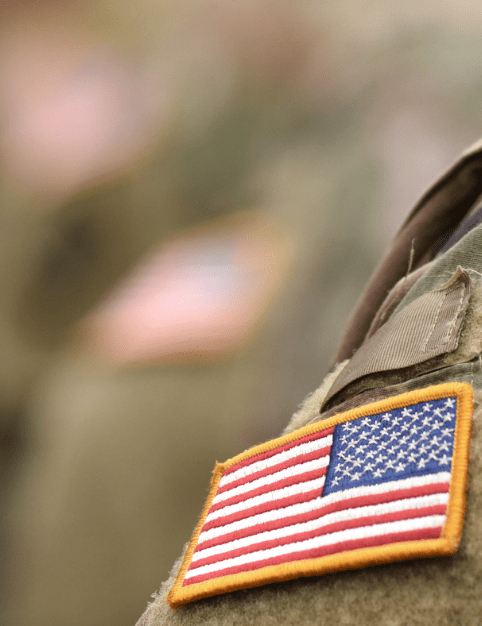Anyone who has gone through the VA claims process knows that there is an incredible amount of paperwork involved in the process. I have talked to many veterans who have become frustrated because, after filing a claim and submitting all the evidence that they have, they keep getting VA requests for records and other evidence.
The VA claims process is intended to be veteran-friendly. Many of the rigid legal formalities of a traditional legal proceeding do not apply in veterans’ cases. That said, the claims process is extremely complex and difficult to understand. Making matters worse, some well-intentioned laws, aimed at helping veterans understand what they need to send to VA, have actually only served to further confuse the process.
The VA’s “Duty to Notify”
Many years ago, Congress passed a law requiring VA to inform the veteran of what evidence and information the veteran needed to send to have a claim granted. This is generally referred to as VA’s “duty to notify.” The result was that VA would send the veteran several pages of boilerplate text that sometimes only let the veteran know, in very vague terms, what evidence the VA was looking for. VA generally does not get very specific in these letters (in other words, it usually doesn’t look at the veteran’s particular disability and let the veteran know, for instance, what symptoms would warrant a higher disability rating). Sometimes what the VA sent was helpful, sometimes it was not.
So, if you file a new claim and VA responds by sending you what appears to be a generic letter asking for more evidence, it is because Congress passed a law requiring that VA send out this letter.
The VA’s “Duty to Assist”
Other times, the VA recognizes that it is missing a specific record that it knows exists and that might help the veteran win his or her case. VA has an obligation, under the law, to make reasonable efforts to try and get this evidence, and sometimes they will ask the veteran to try and get this evidence. This duty to obtain outstanding evidence that could help the veteran is part of what is referred to as VA’s “duty to assist.” (The “duty to assist” also requires VA, in some cases, to provide the veteran with a C&P examination.)
VA will often send a lot of correspondence to you after you file a claim. It’s important to read these letters carefully and clarify (1) exactly what evidence is missing in your case and (2) if there are outstanding records that the VA needs before it can make a grant.
Need Help with a VA Claim?
If you feel overwhelmed by the claim process, you’re not alone. Get free information about the VA claims and appeal process. Or contact us for a free case evaluation.

How to Speed Up Your VA Disability Claim
How to Speed Up Your VA Disability Claim The VA says that in January of 2024, the average time for...

How to Apply for VA Disability Compensation
It's one thing to know how to apply for VA disability compensation. It's another to understand the...

What is the VA DBQ?
What is the VA DBQ? A VA Disability Benefits Questionnaire (DBQ) is a form used to convey...





